History of Agadir
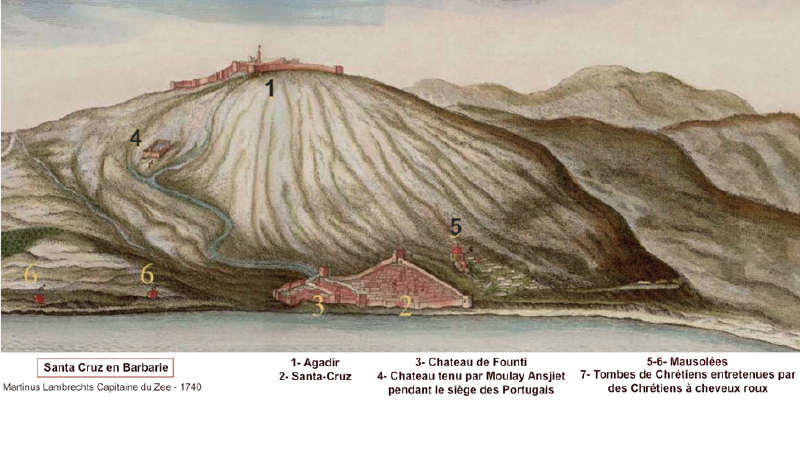
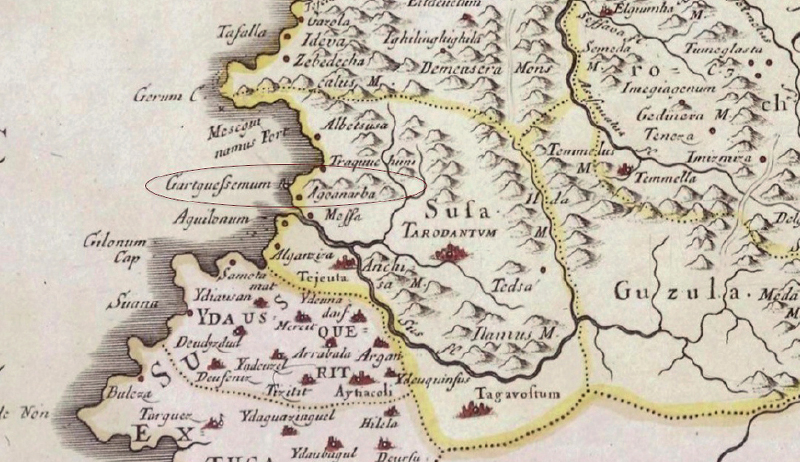
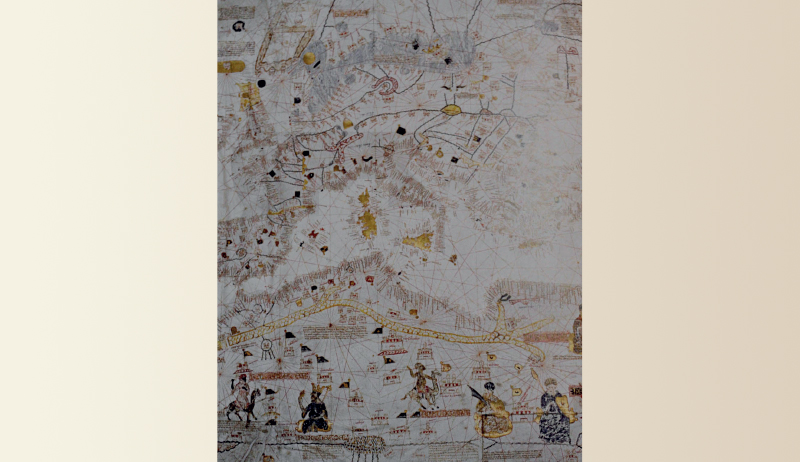
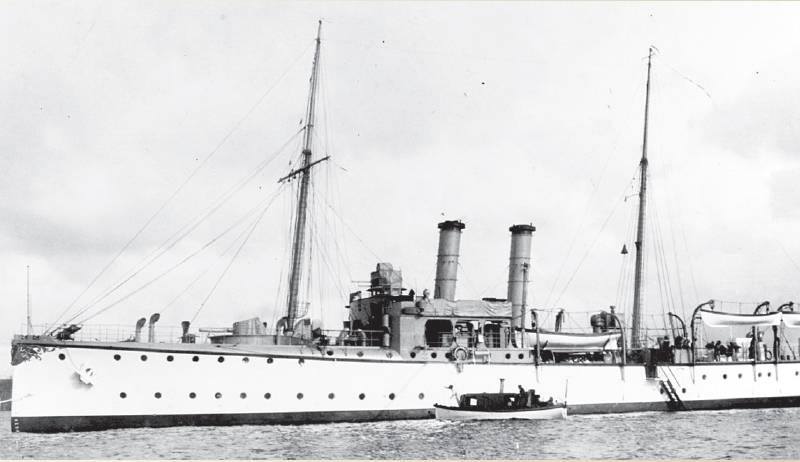
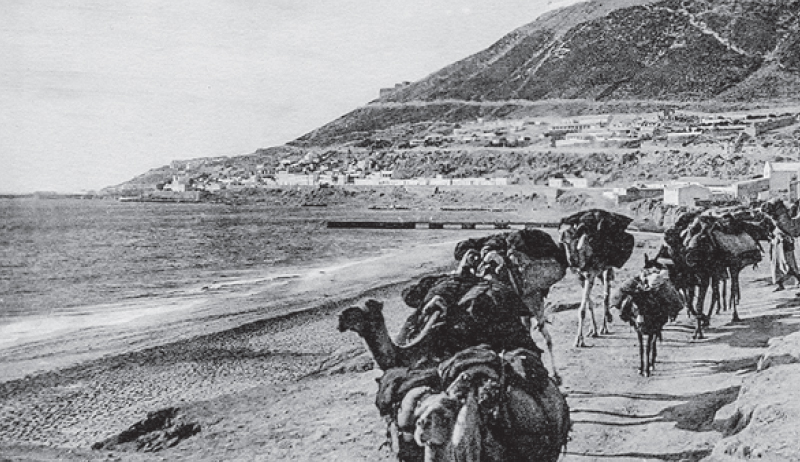
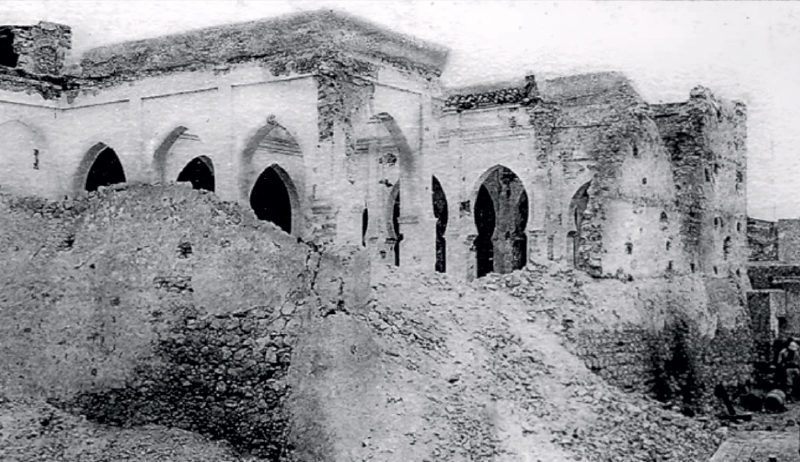
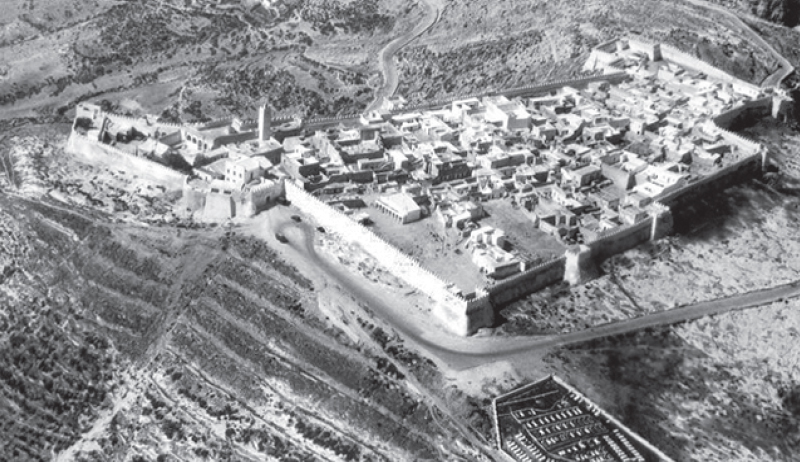
The Kasbah at the heart of historical dynasties (16-19c)
In 1636, Sidi Ali, master of Tazeroualt and in recent control of the Souss, confronted the Saadian sultan and laid siege to Agadir. The following year, he revived maritime trade by seizing the Kasbah. His successors held the port and the stronghold of Agadir until 1670, when Moulay Rachid, the first ‘Alawi Sultan, seized control of the fortress before establishing his definitive
authority over the region. The port experienced increased activity, but was partially destroyed by the earthquake of 1731. The fortress was then rebuilt in 1743 with, it seems, the support of the Dutch East India Company.
In 1764, Sidi Mohamed ben Abdallah, ‘Alawi Sultan, decided to concentrate commercial activities in the new, fortified port of “Mogador”. The inhabitants of Agadir were summoned to move to the new city in 1764 and the port closed the next year. Ultimately, all foreign ships were barred from mooring in 1776. The fortress and the port were abandoned for Essaouira, plunging the city into long abandonment and depopulation.
After more than a century, 1881 Sultan Moulay Hassan again authorized anchorage in the bay, in particular to supply the two great expeditions of 1882 and 1886, but Agadir didn’t really take off again until the early 20th century.
Agadir as focus of western imperialist rivalries (20c)
Coveted by European imperialists, Agadir made world headlines in 1911, when the German Empire sent the SMS Panther gunboat.
Two years later, French troops bombarded, overcame, and then took over Agadir Oufella to establish themselves in the area. The Kasbah had housed about a thousand people, then became French military command for the conquest of the Souss and the confines of the Sahara, and the fortress was restored and refurbished. It was then classified as national heritage of Morocco in 1932, then in 1944.
On February 29, 1960, the fortress was over 90% destroyed by a devastating earthquake. Ruined buildings were razed, and only the southern wall has resisted and witnessed to past grandeur.